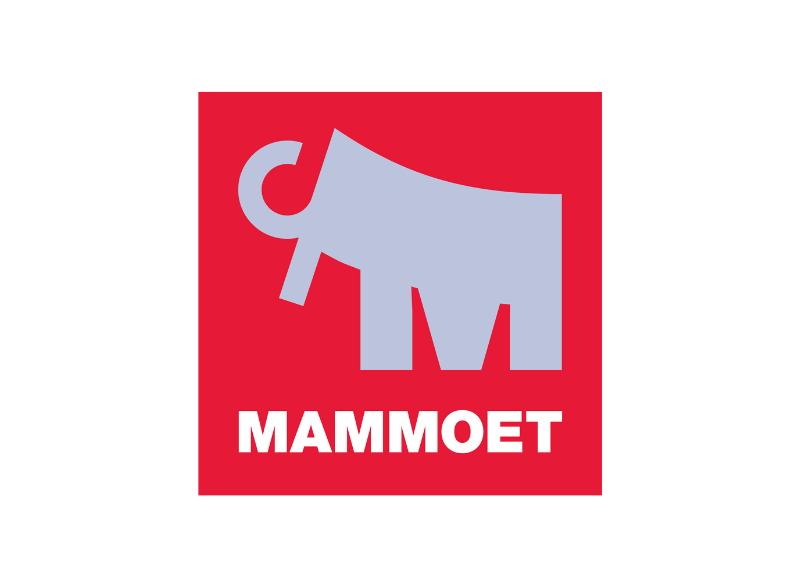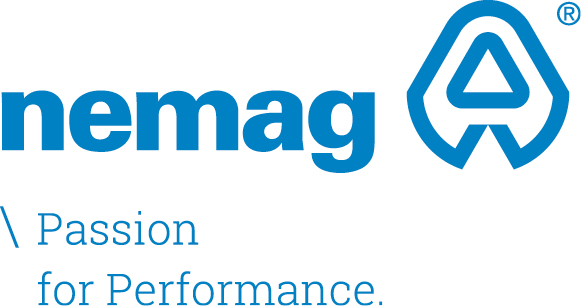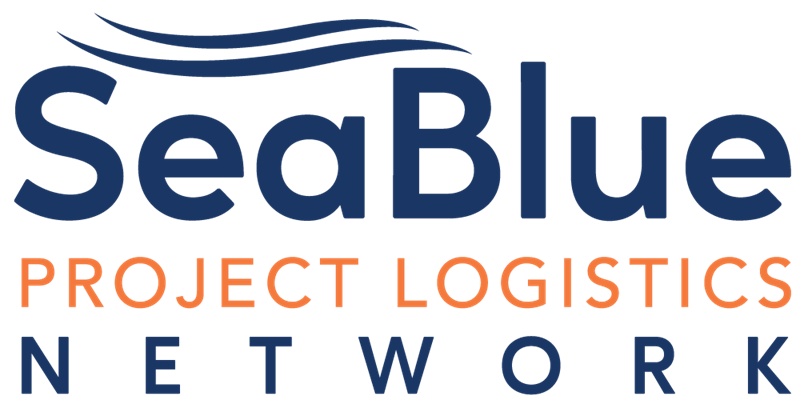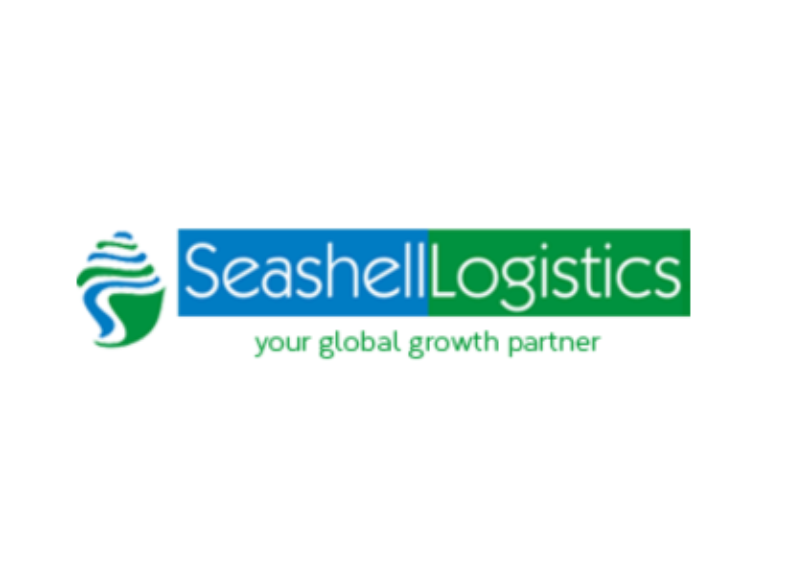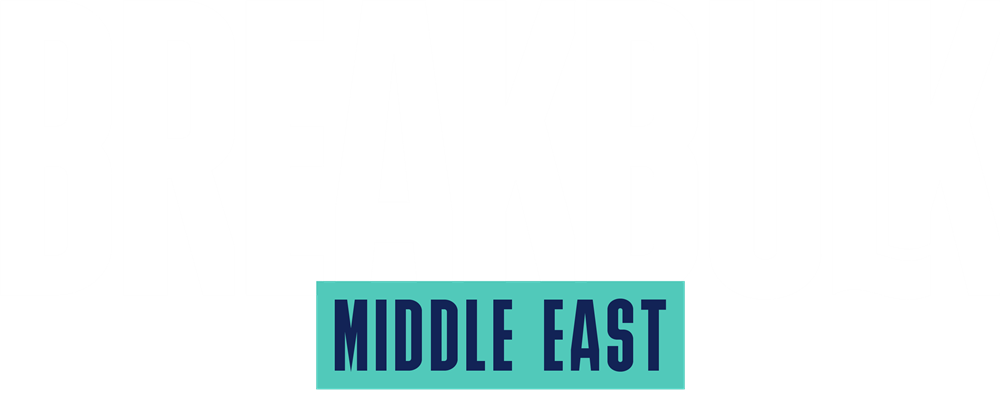Logistics Professionals Share Top Tips To Keep the Show on the Road
_2.jpg)
By Luke King
The easing of Covid pandemic disruption has brought little respite to the logistics community, who continue to face myriad challenges as they go about their work. Leading logistics professionals gathered at Breakbulk Americas 2024 to share their advice around maintaining supply chain flexibility in a panel session, Navigating Project Logistics Volatility.
“Following the pandemic, there have been a whole series of issues, from geopolitical, economic, natural disasters and other kinds of disruptions that really continue to buffet the supply chain – and the operators here in this room continue to perform under uncertain circumstances,” commented panelist Paul Baumer, deputy director for infrastructure development (Acting) at the Office of Multimodal Freight Infrastructure and Policy, U.S. Department of Transportation.
“As a government, we’re not operating the system like you are. We’re not out there making decisions on where to route cargo, but we do have a role to communicate to the wider public when there are disruptive events that are impacting the economy.”
For Kurtis Dool, senior manager, commercial – bulk and breakbulk at DP World in Canada, continued investment was critical. “From a ports and terminals standpoint, I believe that investment in technology, people and assets is really the greatest thing that we can be doing in order to remain flexible – not necessarily for today, but for the future.
“A good example is DP World Saint John, where we invested a tremendous amount of capital in the facility so that it could operate two vessels at once, with four new gantry cranes and massive capability for breakbulk – but not for today. We’re doing it for tomorrow, to exceed what we believe tomorrow will be, because we believe the Atlantic trade lane is going to be paramount in the future for Canada’s success.”
On the subject of equipment, Igor Muñiz, CEO Erhardt Projects, stressed the importance of regular maintenance to stay ahead of the game. “We have to work non-stop, so the equipment needs to be ready, not just us,” he said.
“We rely on the vessels, the equipment, the assets. And I think maintenance is something that sometimes people don’t pay attention too, but it’s something that I believe is very important.”
Eddie Sullivan, senior business development manager, General Informatics, told of a recent example of operational disruption. “A couple of weeks ago in the Port of LA, Long Beach, they had a truck overturned with lithium batteries on it. And all of a sudden, there’s toxic fumes in the air and terminals had to shut down.”
Geopolitical issues were also changing mindsets, said Sullivan. “The world has operated a very globalized framework for a very long time. And without expressing any particular opinion, it does seem to me that there is increasing concern from our national security community and others in the United States about where a lot of the equipment that’s made is coming from, and what risks that poses from a cyber security standpoint, from a broader national security standpoint and vulnerability.
“So I could see that really might begin to change as the U.S. government starts to take certain actions and make certain policies. You have to be prepared.”
Session moderator Dennis Devlin, project logistics business development director, Maersk Project Logistics, wondered whether the pre-Covid preference for “just in time” delivery might make a return.
“Just in time, in my opinion, does not necessarily work for large project cargo initiatives,” commented Dool. “It can definitely work for containers, but I haven’t seen the industry go back [to that]. Bringing stuff in a last moment for an exact date really doesn’t work that often. There’s a whole lot of things that can go wrong, and you need to take those into account.”
In conclusion, Dool said: “I think the Covid pandemic really taught us a lot. We were able to adapt and change very quickly, and we innovated and found solutions.
“I don’t think we can continue to do the same thing we’ve done for the last 50 years. We have to always look ahead, we have to look at new technologies, we have to look at incorporating those, and I guess if I was to leave with a thought it would just be to remain uncomfortable and innovate.
“Let’s maintain that level of discomfort so that we can continue to move forward as an industry.”
Breakbulk Americas 2025 will return to Houston on Sep. 30 - Oct. 2.
PHOTO CREDIT: Hyve
.png?ext=.png)



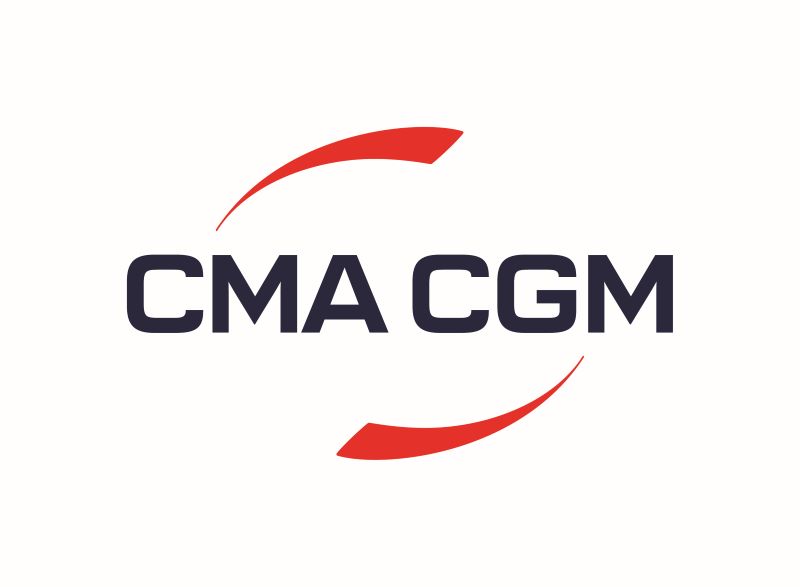

.png?ext=.png)
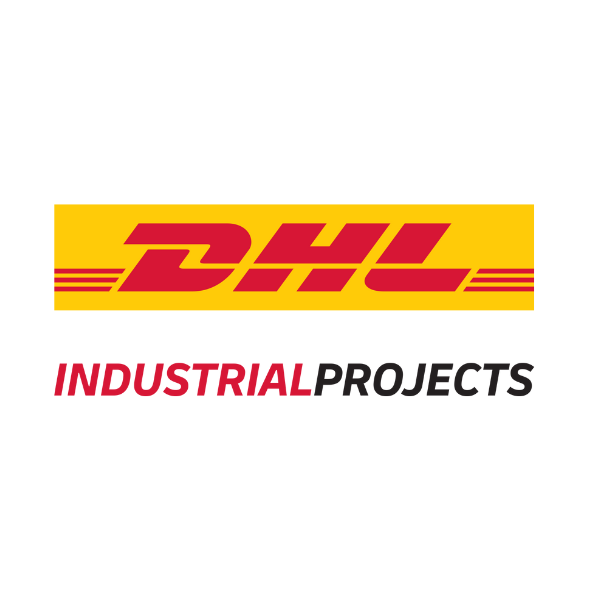

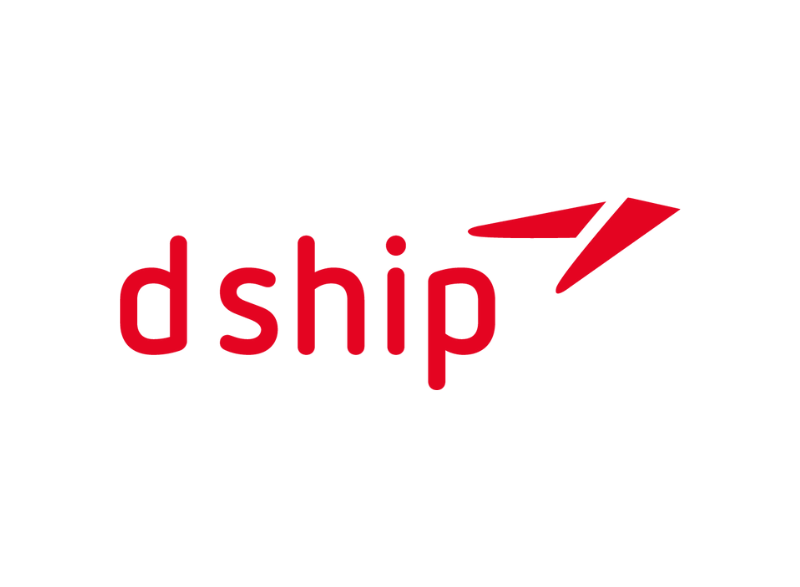



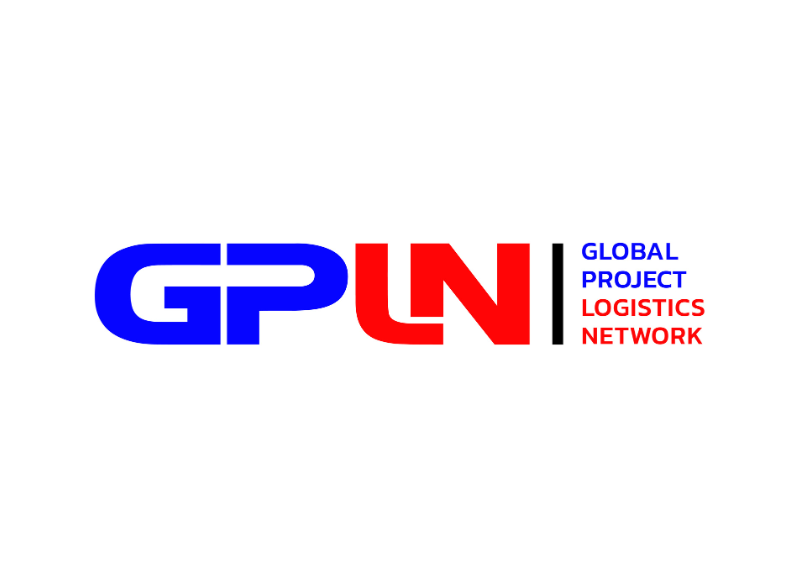

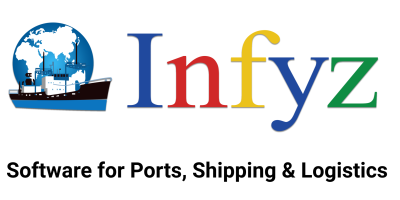
_3.png?ext=.png)
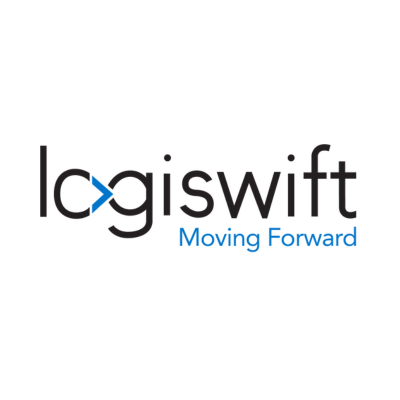
.jpg?ext=.jpg)
